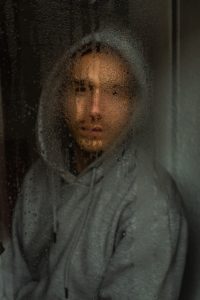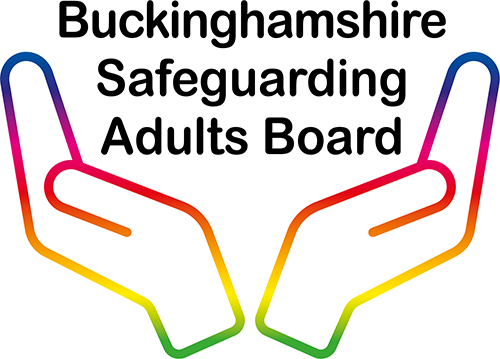Modern Slavery
What is Modern Slavery?
Slavery continues today in every country in the world. Women forced into prostitution. People forced to work in agriculture, domestic work and factories. Children in sweatshops producing goods sold globally. Entire families forced to work for nothing to pay off generational debts. Girls married off to older men
Purposes of exploitation can range from forced prostitution and forced labour to forced marriage and forced organ removal.
Here are the most common forms of modern slavery.
 Forced labour – any work or services which people are forced to do against their will under the threat of some form of punishment.
Forced labour – any work or services which people are forced to do against their will under the threat of some form of punishment.- Debt bondage or bonded labour – the world’s most widespread form of slavery, when people borrow money they cannot repay and are required to work to pay off the debt, then losing control over the conditions of both their employment and the debt.
- Human trafficking– involves transporting, recruiting or harbouring people for the purpose of exploitation, using violence, threats or coercion.
- Descent-based slavery – where people are born into slavery because their ancestors were captured and enslaved; they remain in slavery by descent.
- Child slavery – many people often confuse child slavery with child labour, but it is much worse. Whilst child labour is harmful for children and hinders their education and development, child slavery occurs when a child is exploited for someone else’s gain. It can include child trafficking, child soldiers, child marriage and child domestic slavery.
- Forced and early marriage – when someone is married against their will and cannot leave the marriage. Most child marriages can be considered slavery
What can you do to support someone who is a victim of Modern Slavery?
Under the Modern Slavery Act 2015, the Council is required to ensure that any individuals suspected as being a victim of modern slavery are referred to the National Crime Agency through the National Referral Mechanism or a duty to refer.
If you are concerned that an individual is a victim of modern day slavery, please fill in the Modern Slavery Adult Safeguarding referral form to the best of your knowledge and send it to Adult Safeguarding, who are acting as lead on modern slavery for Buckinghamshire County Council ascfirstresponse@buckinghamshire.gov.uk
Adult Safeguarding will then complete a duty to notify form, and send it to both the Home Office and Nicola Bell, RAHAB Project Manager, who is leading on Modern Slavery in Buckinghamshire.
If the person does not want to be referred to Adult Social Care they can still get support from the National Reporting Mechanism. Guidance on this can be found on Reporting Guidance document .
Some agencies have a DUTY to report and these agencies are listed in the above document. You can refer people to NRM on the form below. If people don’t wish to be referred to the NRM if you have a DUTY to refer you will still need to fill the form in, but omitting personal details of the client, for statistical purposes.
Adults will only be accepted into the NRM if the consent section of the form has been completed. Informed consent requires that the potential victim have the NRM, the referral process, and potential outcomes, clearly explained to them.
Agencies that can help
Support is also available outside of both Adult Social Care and NRM, from the Police or voluntary organisations:
- Thames Valley Police – 999 or 101
- Slavery Helpline – 08000 121 700
- Salvation Army – 01296 398336
If the person who you think is the Modern Slavery does not want to be referred to the NRM you still have a duty to send in a referral but this will not contain the person’s name, this is for statistical purposes. For further details on your duties please read the or speak to your line manager.
If you have any concerns that the individual is under 18, please immediately refer the case to the Children’s Social Care.
If you have any concerns surrounding an individual, or need assistance or advice, please contact Safeguarding Adults at the email address above or call Early Resolution and Safeguarding Team on 0800 137 915.
What is Buckinghamshire Safeguarding Adults Board doing about Modern Slavery?
Modern Slavery was only added as a catergory of abuse within Adult Safeguarding in the Care Act 2014, therefore it is still early days for the Board.
The Board has therefore decided in its 2018 – 2020 Strategy to focus on understanding the nature of Modern Slavery within Buckinghamshire and ensuring that staff are aware of the issues around Modern Slavery, through free E learning Training.
